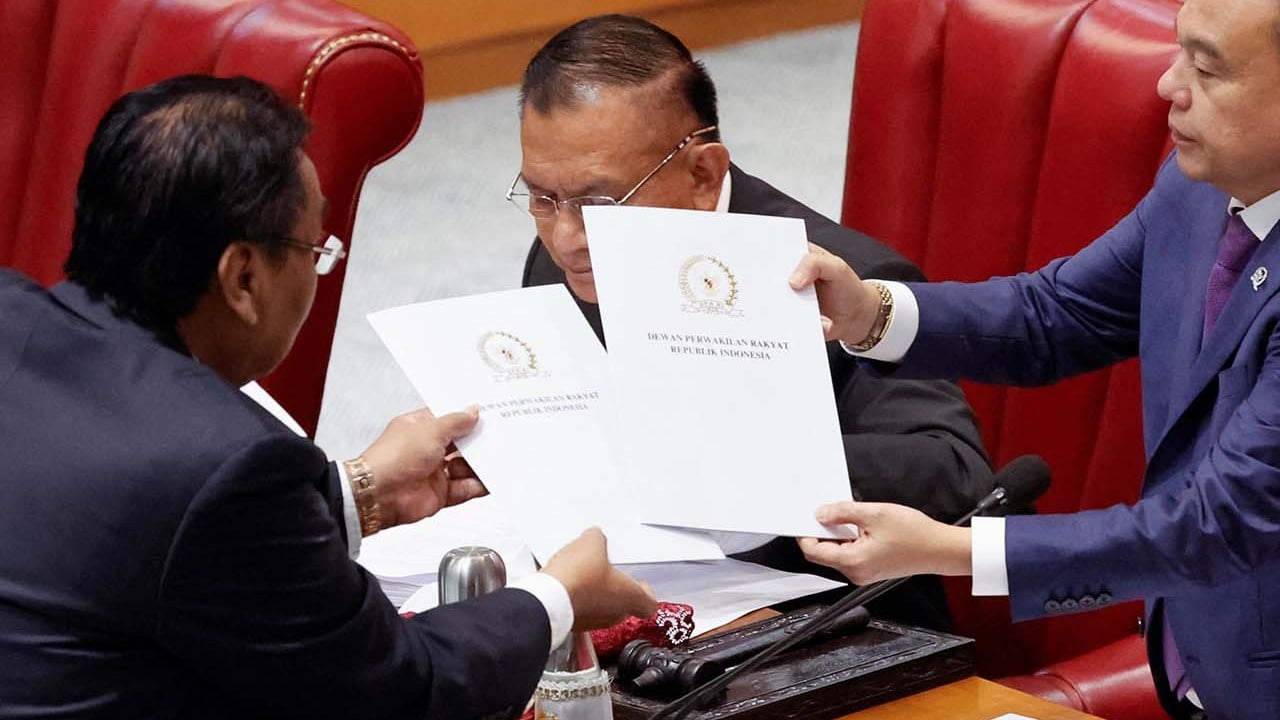
Indonesian sex ban: what exactly does it mean for tourists? Australia asks for clarity
- Canberra is ‘seeking further clarity’ after Jakarta approved legislation to overhaul its criminal code and outlaw sex outside marriage
- Indonesia is a major holiday destination for Australians – before the pandemic, more than a million a year visited the island of Bali alone
Canberra said it was “seeking further clarity” after Jakarta approved legislation to overhaul its criminal code and outlaw sex outside marriage on Tuesday.
“We understand these revisions will not come into force for three years, and we await further information on how the revisions will be interpreted as implementing regulations are drafted and finalised,” a foreign affairs spokeswoman said in a statement.
Officials would “regularly and carefully reassess the risks to Australians overseas”, and would “continue to monitor the situation closely”, she added.
Before the pandemic, more than a million Australians a year visited the island.
Despite the change to the laws, authorities have insisted foreigners travelling to Bali will not be affected.
Some of the most controversial articles in the new code criminalise extramarital sex and the cohabitation of unmarried couples.
According to the text seen by AFP, sex outside marriage will be punished with one year in prison, while unmarried people living together could face six months behind bars.
Following the parliamentary vote, rights groups protested against the amendments, denouncing them as a crackdown on civil liberties and political freedoms.
They also characterised the move as a shift towards fundamentalism in Muslim-majority Indonesia, where the constitution recognises five religions alongside Islam.

.png?itok=arIb17P0)
